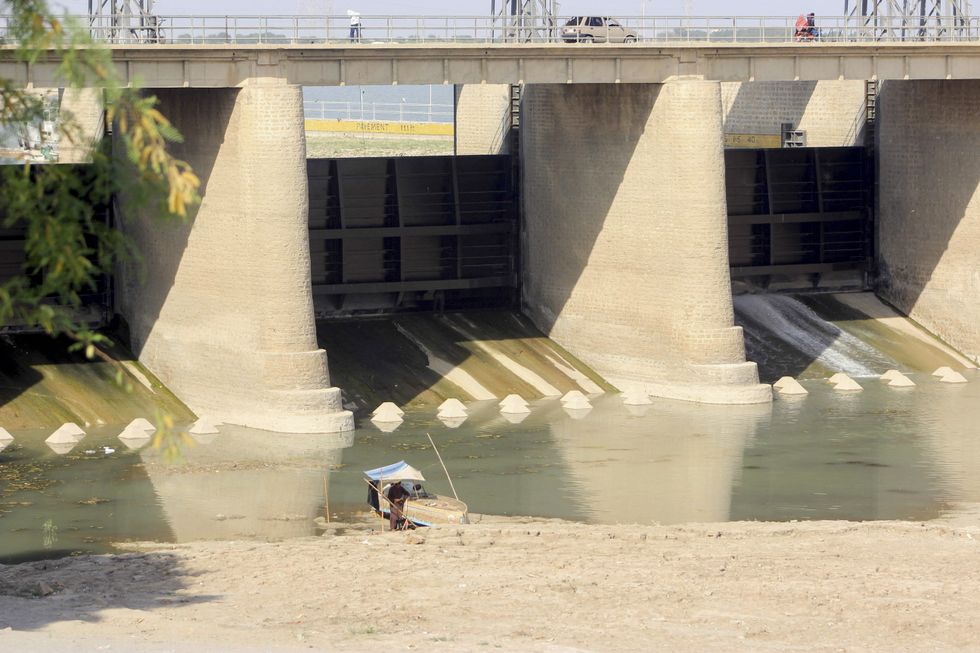Salman Khan's fans are eagerly waiting to see him on the big screen as Chulbul Pandey in Dabangg 3. The movie is produced by Salman's brother Arbaaz Khan who also plays a pivotal role in the film. Arbaaz is currently also shooting for a film titled Sridevi Bungalow and while interacting with the media on the sets of the movie, the actor revealed that the shooting of Dabangg 3 is 60 percent complete.
A tabloid has quoted Arbaaz, "We are in the middle of a long schedule. We have completed almost 60 percent shooting of the film and, hopefully by the end of September, we will wrap up the entire shoot. We looking forward to releasing the film towards the end of December. In fact, we have announced the release date of the film."
"I am excited about the film, and we all are having a lot of fun while making it. People have told me that they have a lot of expectation from the film and I feel that is a nice thing. I know that people like this franchise and they love Chulbul Pandey's character. If people weren't excited, then that would be a cause of concern," the actor added.
Talking about his Bollywood journey, Arbaaz said, "I made my acting debut in 1996. It has been 23 years, and even today if I get work then I think I am blessed. I feel fortunate that I am still working. We have seen people struggling to get work in this industry after two or three films. God has been kind to me."
"I have made my mark as an actor and I have also established myself as a producer with a franchise like Dabangg. I directed Dabangg 2, which was also a milestone film. Recently, I did a web series and hosted a talk show in the digital space. I am looking forward to work on digital platforms more often than not," he added.
Also starring Sonakshi Sinha in the lead role, Dabangg 3 is slated to release on 20th December 2019.





 A dry stretch of the Indus River in Pakistan’s Jamshoro and Kotri districts earlier this month
A dry stretch of the Indus River in Pakistan’s Jamshoro and Kotri districts earlier this month 













 Charli XCX attends the 2025 Kering Women In Motion Awards and Cannes Film Festival Presidential Dinner at the Cannes Film FestivalGetty Images
Charli XCX attends the 2025 Kering Women In Motion Awards and Cannes Film Festival Presidential Dinner at the Cannes Film FestivalGetty Images  Charli XCX at the Magnum Crack Into Pleasure party Getty Images
Charli XCX at the Magnum Crack Into Pleasure party Getty Images  Charli xcx attends the 2025 Met Gala Getty Images
Charli xcx attends the 2025 Met Gala Getty Images